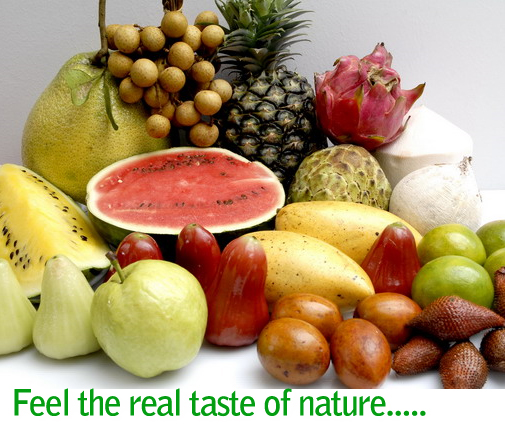An organic future

Making the most of your diet isn’t just about choosing foods that are rich in the right nutrients, it’s also about making sure that the foods you eat are of the best quality.
In this world of increasing toxicity, the best-quality foods are organic because they expose your body to fewer man-made chemicals – many of which play havoc with your hormones – than non-organic foods.
The media constantly provides us with food “fads”, but eating organic is not a fad. Only by buying and consuming organic produce can you be certain that what you eat is nutritious, free from artificial chemicals (which have been linked to cancer, hyperactivity, insomnia, birth defects, anxiety, asthma, and allergies), and grown without chemical pesticides and fertilizers, as well as without genetic modification (the notorious “GM foods”).
Best of all, there’s plenty of research to prove that organic food is more nutrient-rich than non-organic food. Research from Denmark and Germany shows that “Organic crops … have a measurably higher level of vitamins, and that this can benefit people who eat them. By contrast, intensive farming is devitalizing our food”. Organic produce is believed to have higher levels of nutrients because it’s grown in naturally nutrient-rich soil and allowed to ripen naturally in the sun (which concentrates its nutritional content).
Whenever you can, eat local organic produce. The longer it takes for produce to get from the soil, tree, or bush to our stomach, the more nutrient-depleted it will be. Take green beans: It takes only three days for these nutrient-rich vegetables to lose 58 percent of their vitamin C content once they’ve been harvested. Eating not only organic, but fresh, locally produced organic food is probably the best thing you can do for your overall nutritional health.
As well as fruits and vegetables, it’s important to et organic animal foods whenever you can. So buy organic free-range eggs to ensure they come from chickens fed a natural, chemical-free diet. Buy organic dairy products, such as yogurt and cheese, but eat these foods in moderation. Ideally you should avoid meat (organic or not) as much as you can, but if you do eat it, you should definitely choose organic so the meat is not pumped full of hormones and antibiotics, which can upset your own delicate hormone balance. If you’re eating poultry, choose organic free-range. Buy wild or organic fish, which will have been fed a natural diet and is not “enhanced” with artificial chemicals (for example, farmed salmon is often colored to make the flesh pinker).
Many people don’t buy organic foods because of the expense. However, even small changes can have a dramatic affect on your health. If you can’t stretch to a fully organic diet, choose organic for the foods you eat most – if you eat lots of grapes, choose organic grapes; if pasta is your staple, choose organic pasta, and so on. For every fruit and vegetable that you don’t buy organic, wash the foods thoroughly before eating them and, if you can, peel them. Limit your exposure to any single chemical residue by eating a wide range of non-organic fruits, vegetables, and whole grains.

